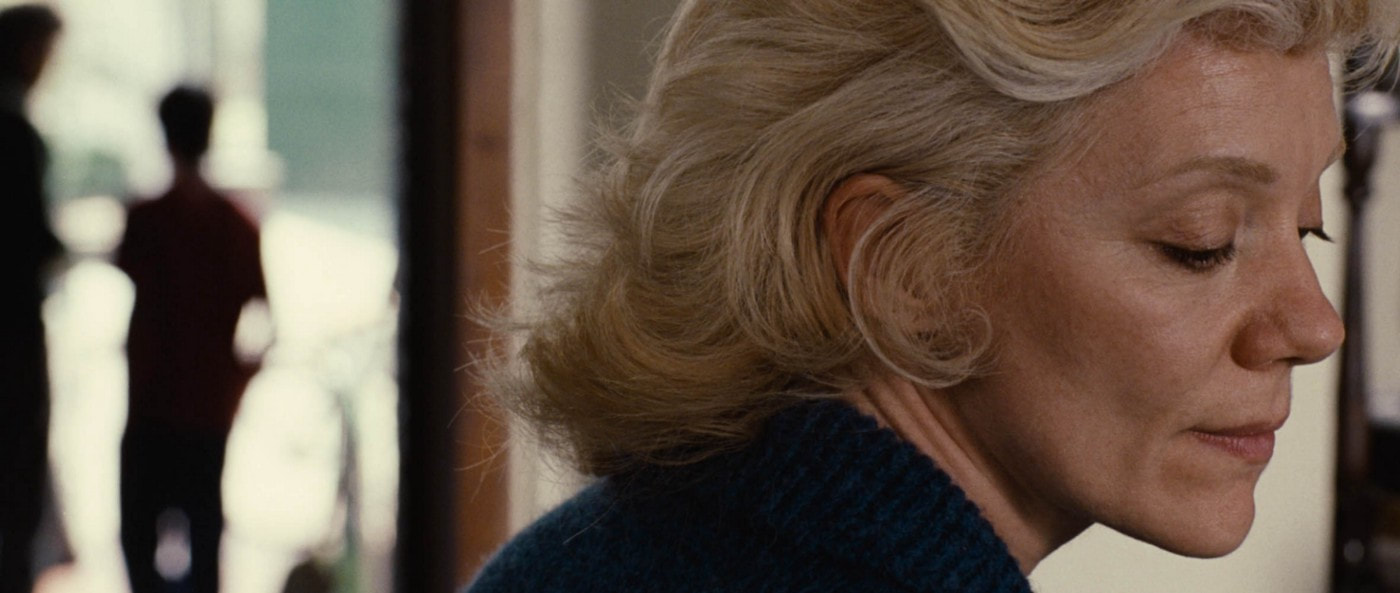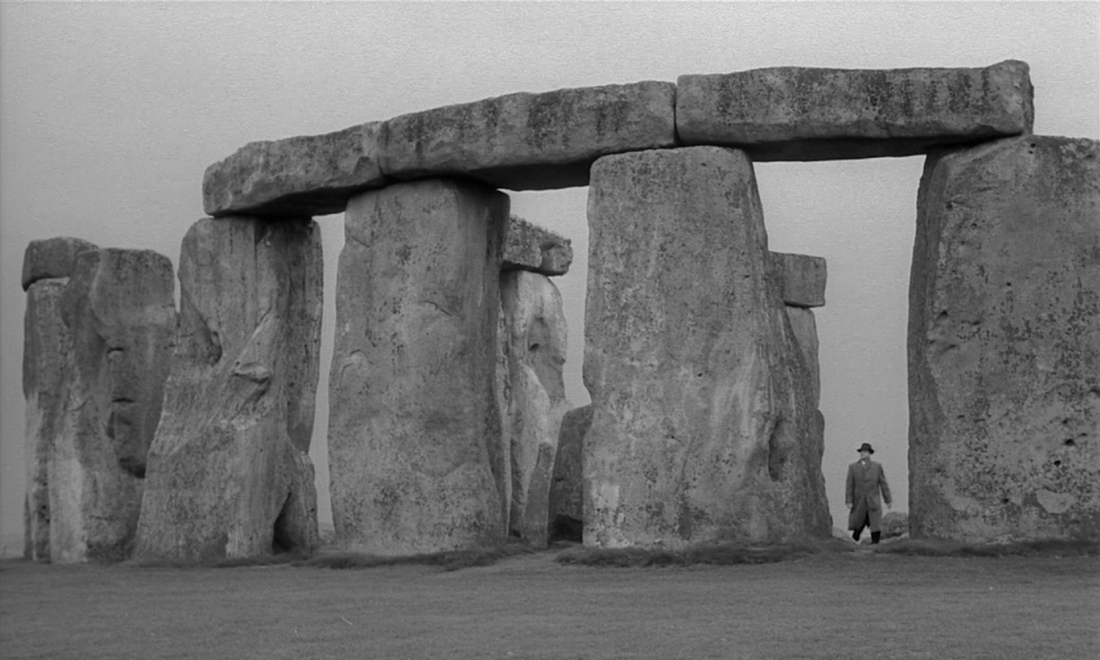
You never know what will strike a chord and stay fixed in your memory but often it is something small and specific. When it comes to Bernardo Bertolucci’s 1987 film The Last Emperor it’s the sound of the black pearl scraping against the Empress Dowager’s teeth as her attendant slips it forcefully into her dead mouth. It’s not grotesque, it’s simply a vivid moment made palpable by a specific sound.
The larger scene containing this gesture comes early in the film and foreshadows many of the themes that will define the narrative. The Empress has summoned her tiny toddler heir to the thrown room in the forbidden place. He is too young to understand any of what is going on and the bizarre spectacle of palace pageantry and protocol unfolds in front of the innocent young boy like a dark dream.
We the audience share the child’s amazement as we witness this grand event. The costumes, the statues, the candles, the furniture, and architecture all twist and turn in baroque coils of gold, embroidery, filigreed carvings, and amber light. The event takes place in 1908 but inside the towering walls of the forbidden city, nothing has changed for centuries.
Bertolucci allows the camera to wander over the scene and alight on sensual details. There is a whole sea turtle floating in a steaming tureen of soup. There are pots of incense with billowing smoke that catch the light as it filters through the carved screens. We see the enormous lacquered hair of the Empress and her fluffy little lap dog that she presents to the child heir, Puyi.

This is a world few have seen. It is as foreign and mysterious to the audience as it is to the child. We identify with Puyi but his demeanor is very hard to read. We imagine he must be scared but his face looks playful and curious. He runs around the expansive room examining different details. Everyone in the room is stiffly observing strict protocol. No one moves or speaks save the Empress herself, but Puyi is the heir and will soon have free rein.
This foreshadows the tense relationship Puyi will have with the throne. His absolute power will distort his understanding of himself and the world. He will spend his entire life tangled in the shifting roles he has to fulfill.

It also foreshadows the imminent downfall of this highly ritualized and ancient hierarchy. The chaotic playfulness Puyi runs roughshod over all the puffed-up importance of the royal court. We see how the court’s own foolish, dynastic rules have created a ridiculous situation where a child is about to become Emperor.
As is appropriate only the Empress speaks during the scene. She speaks to Puyi in a sardonic tone, welcoming him to his new life.
“Come here. Are you afraid of me? Everyone is. I am the Grand Empress Dowager, and I have lived here for a long, long time and they call me the Old Buddha. Men, you know, are not allowed in the Forbidden City after dark. Even little men like you The only man who can live here is the Emperor but the Emperor is on high, ridding the dragon now. He died today. These other men, they’re not real men. They are all eunuchs, and now they are all waiting for me to die. That is why they are putting my bed in the middle of the room under the black pearl. Little Puyi I have decided… that you will be the new Lord of Ten Thousand Years. You will be the Son of Heaven”
As she speaks these words the throne and the platform that it rests on begin to slide forward across the floor. We see that behind the throne platform there is a small group of men pushing it. It’s an illustration of the illusions that must be upheld in order to present the holy and royal atmosphere an Empress or Emperor requires. Beneath her grand image is an enormous underclass that must toil to keep her image alive. This of course foreshadows the communist revolution that will overturn the entire power structure of the empire.
In this scene, Bertolucci dazzles us with grandiose images but grounds them in almost tactile detail. The scene is not only beautiful but encapsulates the film in miniature. It introduces the main character but also sets up the dynamics of how he will interact with the world. When the Empress dies and the black pearl is pressed into her mouth the ancient pageantry of the ritual is what we see but the scraping sound is a small detail that turns an image into something specific and memorable as if we ourselves had been there.

If you enjoyed this article you may also enjoy - https://filmofileshideout.com/archives/heritage-and-identity-in-the-night-of-counting-the-years



